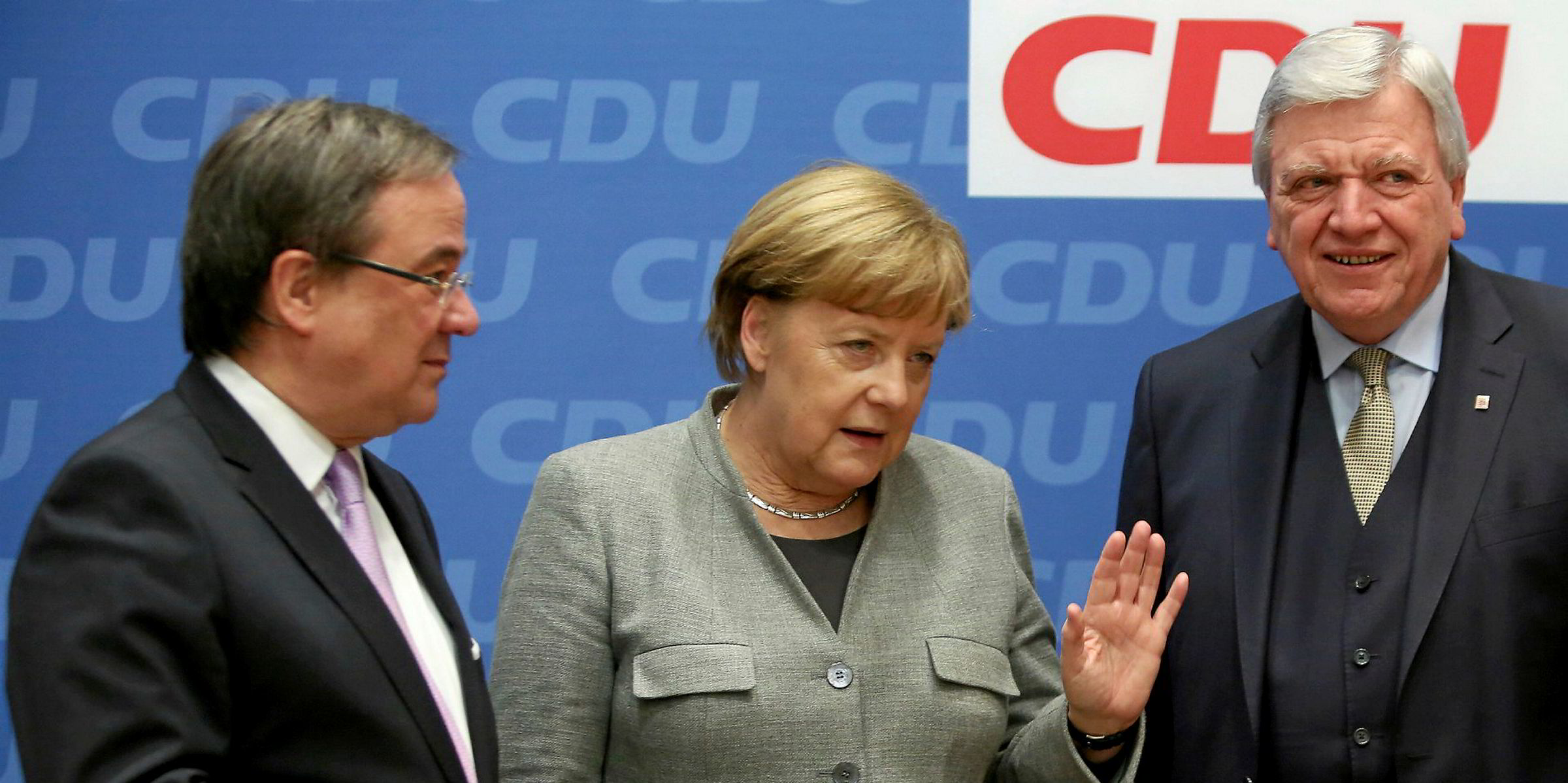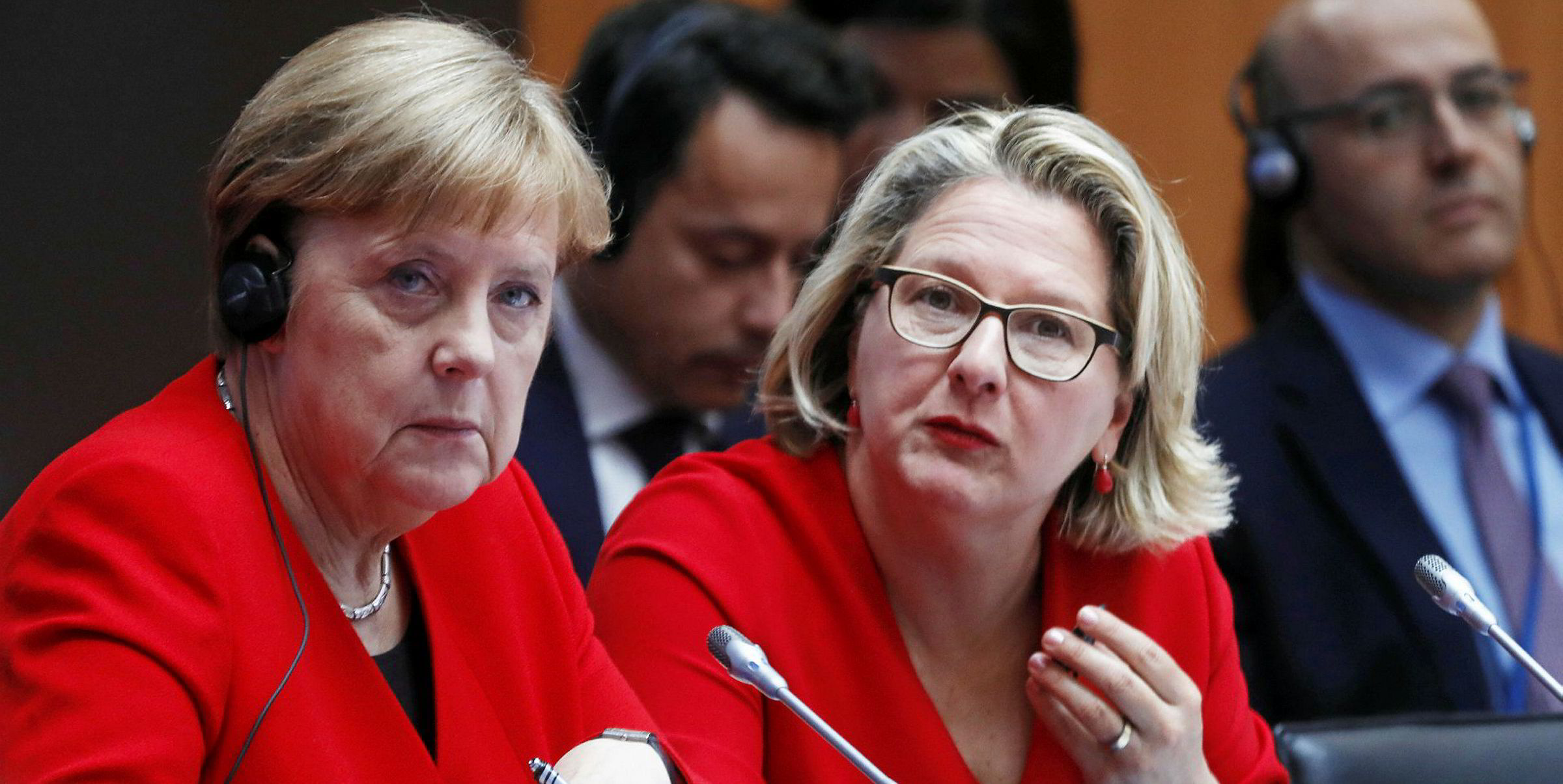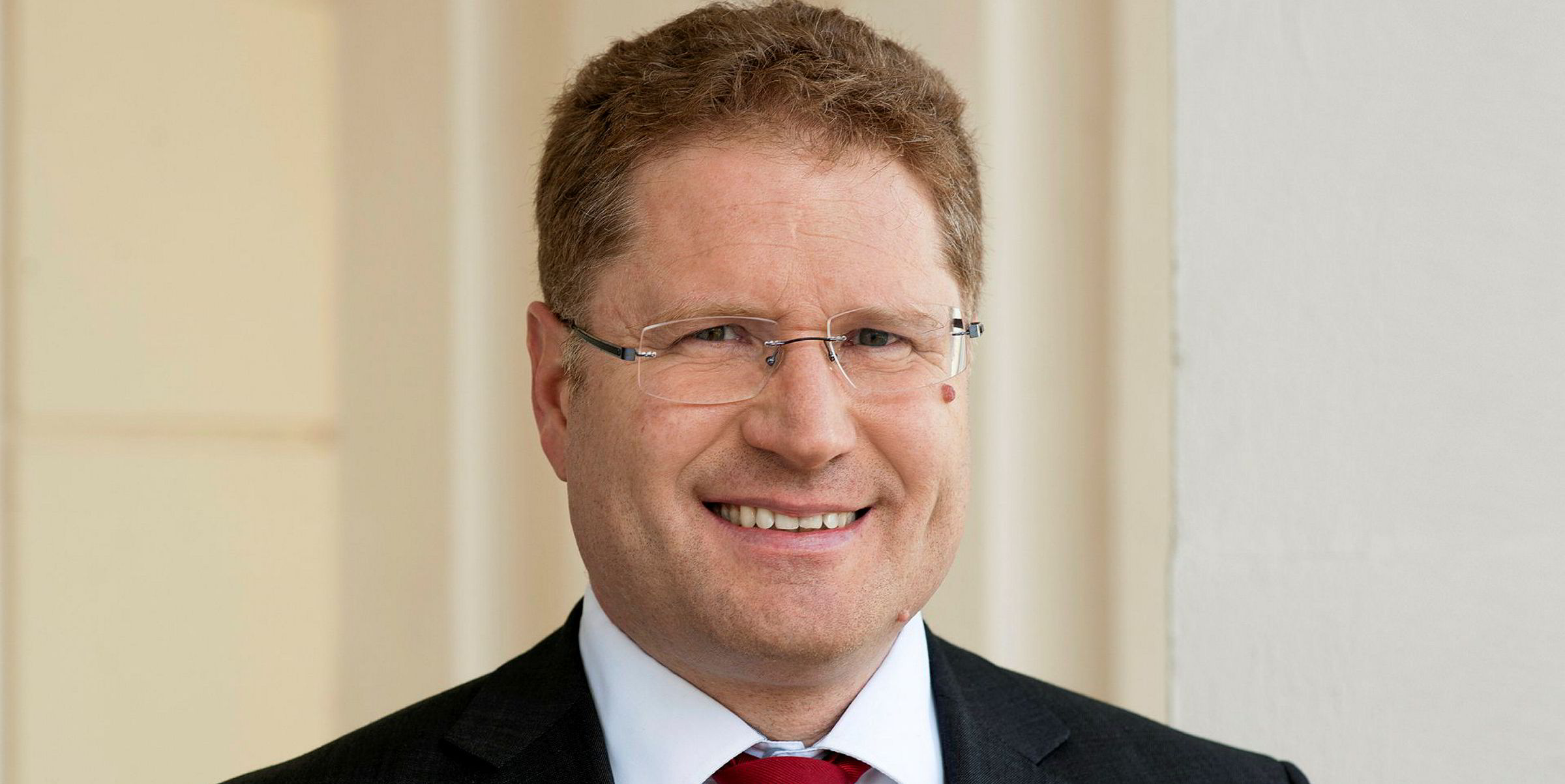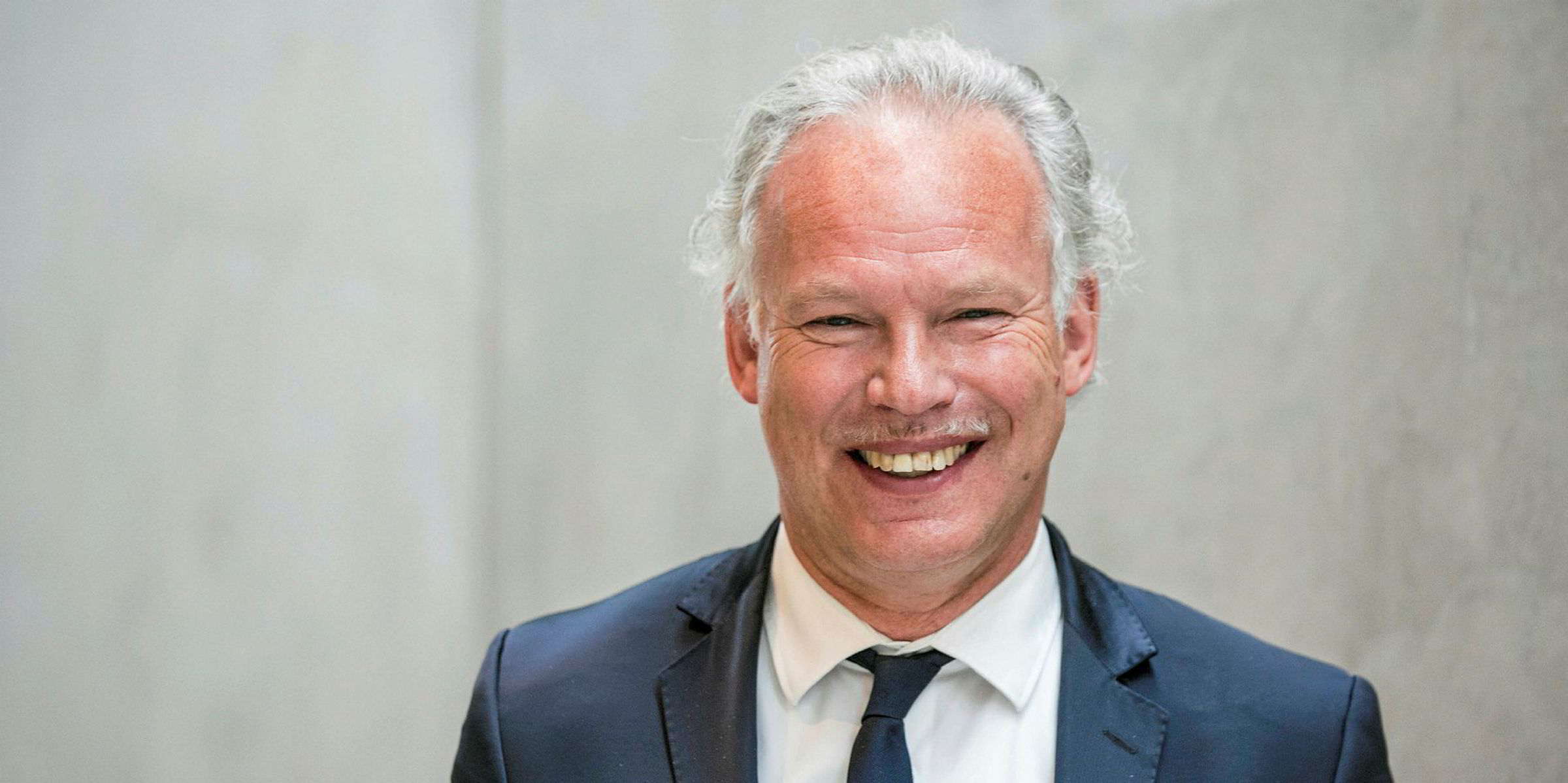The renewables industry is demanding Chancellor Angela Merkel ends an impasse over a damaging planned distance rule for onshore wind and a cap on support for solar power.
Both issues were supposed to be tacked at a meeting today with the premiers of Germany’s 16 states, but energy issues were adjourned due to pressing discussions on the Coronavirus.
Also, Bavarian state premier Markus Söder on before the meeting had said there still was a "considerable need for discussion" on contentious issues regarding the energy transition - meaning members of Merkel's coalition were too much at odds to approve a compromise today.
New wind installations on land last year had fallen to 1990s levels in what used to be Europe’s largest onshore wind market (1.1GW in gross additions in 2019), mainly due to a permitting malaise.
Energy minister Peter Altmaier after a crisis meeting with the wind industry in September 2019 had presented an 18-point working plant to improve the planning and permitting of wind farms. But instead of delivering these reforms, the minister unsettled the sector further with a proposal to introduce a Germany-wide minimum distance of 1km between new wind projects and the nearest settlement.
The energy ministry late last month said it had given up on making the measure obligatory, and instead proposed to explicitly allow federal states to decide themselves whether or not to impose a distance rule.
But the governing coalition and states are still stalling over details, prompting wind sector lobby WindEurope to ask Merkel and state premieres to break the standstill.
“The prime ministers need to show their commitment for a successful energy transition. By blocking necessary reforms they are extending uncertainty for those looking to develop wind farms,” WindEurope chief executive Giles Dickson said before it became known that the energy issues were off the agenda of the meeting.
“A 1,000-metre distance rule would be much stricter than rules applied in other European countries. It would not only affect new projects but also repowering projects, threatening the deployment of renewable energy capacity in Germany.”
Some German states and parts of Merkel’s and Altmaier’s Christian Democratic Union (CDU) party ahead of the meeting Thursday still clung to the distance rule, blocking other measures to revive the wind sector, and even another measure planned to help the solar sector.
Merkel’s coalition had agreed to lift a rule that support for solar power would only be paid until a cumulated 52GW of PV capacity have been installed in Germany. Currently, some 50GW are already built, and the solar industry fears that additions will come to a halt as soon as the 52GW cap is reached.
“If again no agreement can be reached regarding wind power today, then at least the solar cap needs to go immediately,” said Carsten Körnig, managing director of Germany’s solar industry federation BSW-Solar.
“It is completely unacceptable that the entire solar sector is taken hostage by the CDU in order to resolve the conflict on wind power.”
Unless the impediments are removed that led to the collapse in onshore wind, or solar power installations were to be more than doubled – coupled with a faster offshore wind build-out – Germany won’t meet its target of 65% renewables in the power mix by 2030, the Agora Energiewende think-tank said in a recent study.
“Germany needs a clear pathway for renewable energy deployment. Currently investors have no idea, how much onshore wind Germany will build in the next 10 years, which is making Germany less attractive to investors,” Dickson warned.
“The government needs to present a decisive and credible plan for onshore wind as fast as possible. The key industry has already lost 40.000 jobs in the last four years.”
UPDATE to add that energy issues adjourned at meeting today due to Coronavirus discussions




